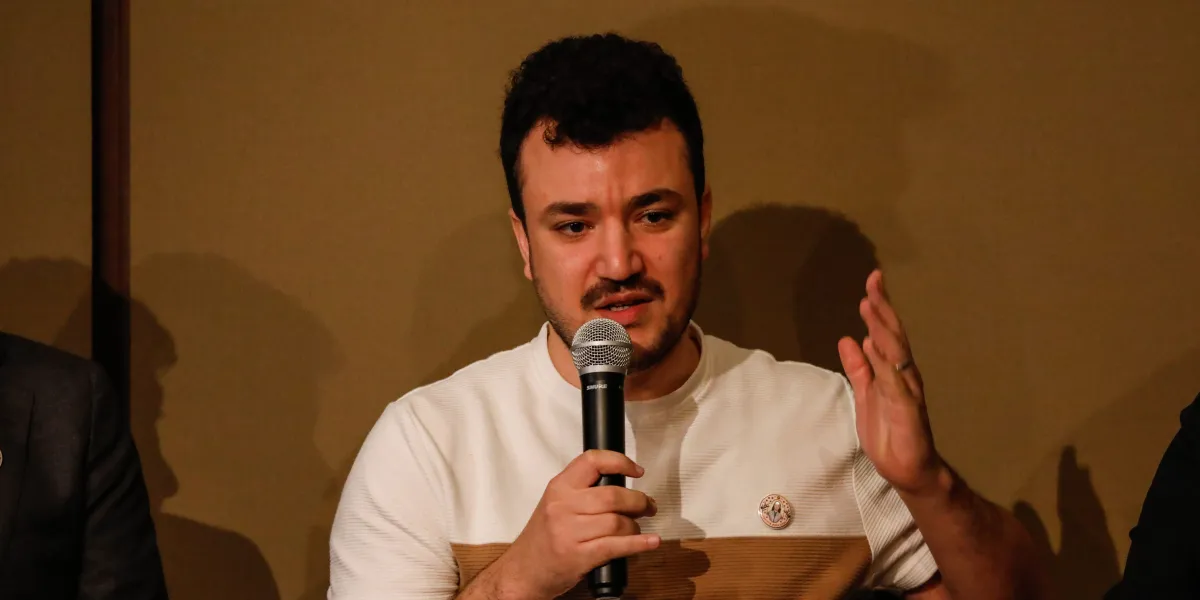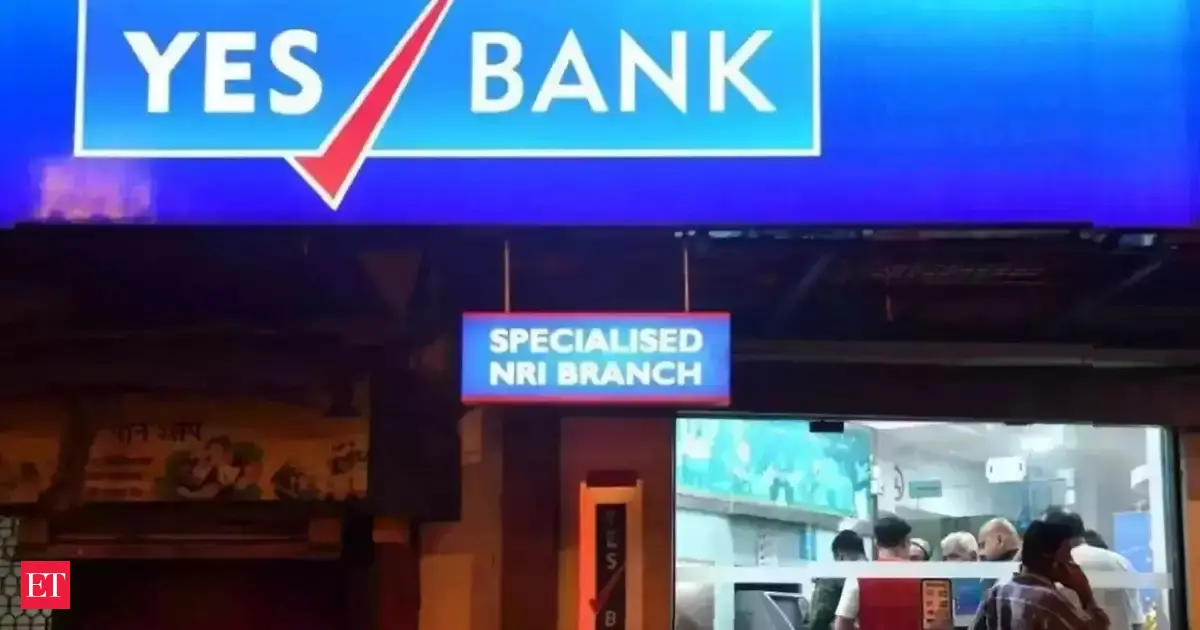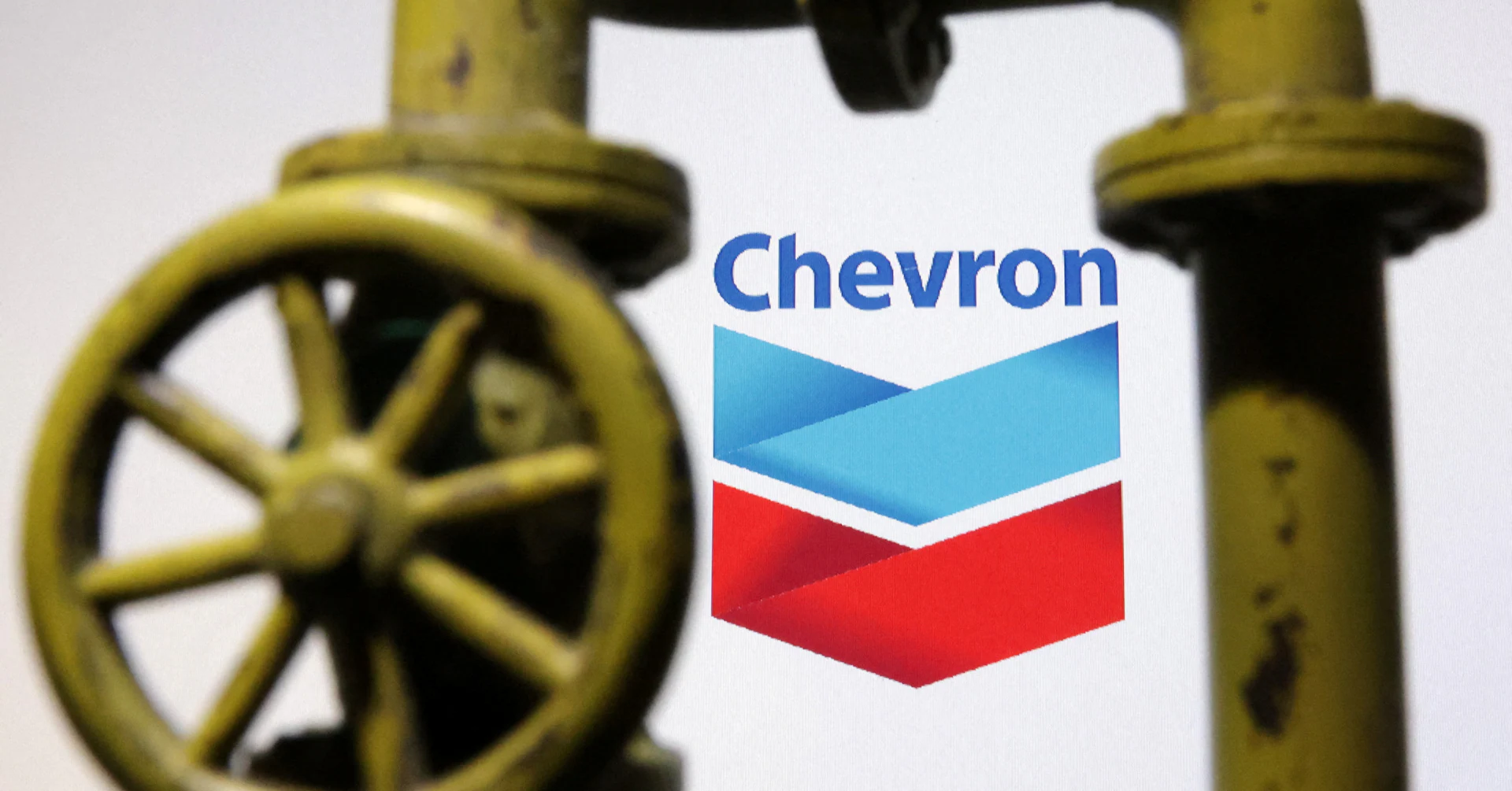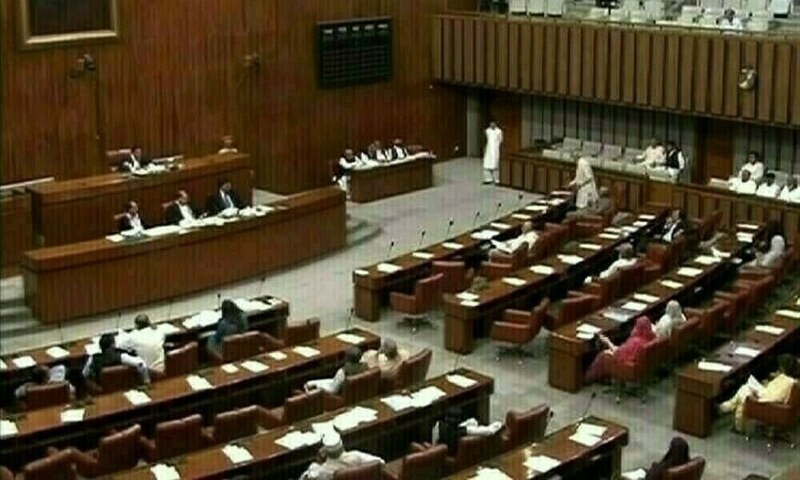
Eoin Higgins is the author of “Owned: How Tech Billionaires on the Right Bought the Loudest Voice on the Left.”
When ABC suspended Jimmy Kimmel on Wednesday for comments he made about Charlie Kirk’s alleged killer, outrage poured out of all corners of the liberal body politic. It was an example of “government silencing dissenting voices,” Sen. Bernie Sanders said. Pod Save America’s Tommy Vietor called it “a wild overreaction.” If you fall for it, according to commentator Hasan Piker, “you’re an easily tricked adult and a fucking loser.”
In light of threats from Trump’s Federal Communications Commission Chair Brendan Carr, ABC’s move to crush Kimmel over the comments stands as a particularly craven example of capitulation by the corporate media — especially given the relatively banal and careful wording Kimmel used.
The corporate media has not covered itself in glory during President Donald Trump’s second term. Poor coverage decisions, a willingness to give the powerful the benefit of the doubt, and an eye toward profit at the expense of journalistic integrity are nothing new.
Yet the Kimmel affair is a prime demonstration of how the president’s vindictiveness and greed have pushed those failures to a new low.
What might be more telling about the mainstream media’s failure to stand up against the assault on free speech, however, was something few commentators have bothered to mention: what happened to sometime student activist Mahmoud Khalil just hours earlier.
Cowardice Begets Cowardice
Khalil, who was detained by immigration authorities for three months earlier this year over his advocacy for Palestinian rights, was ordered deported to Algeria or Syria on Wednesday afternoon.
The Palestinian green card holder, who was born in Syria, became a flashpoint after his detention was explicitly tied to his activism against Israel’s genocide in Gaza.
The news that he may now be expelled from the country should have been met with equal or greater condemnation from liberals and the left than Kimmel’s was. (Khalil appears safe so long as his federal case against the original detention proceeds, but the new immigration ruling was under new pretenses, meaning he could be deported when the federal trial ends.)
It’s a far more dangerous and brutal consequence of speech the White House doesn’t like than a suspension from late night hosting duties.
Never mind the imbalance — the two cases didn’t even merit equal treatment in the eyes of the corporate media.
Kimmel is certainly more prominent and famous — a household name to much of the country — than Khalil is. That isn’t the only reason for the differing levels of outrage. Indeed, the recognition gap was in large part thanks to the corporate media’s failings to properly cover Khalil’s detention in the first place, due to the uniqueness of the main issue animating his ordeal: his advocacy for Palestine.
As with so many cases of the “Palestine exception” to free speech, Khalil’s detention was treated by much of the media as being implicitly justified by baseless accusations of antisemitism against him. Media figures on the left and right alike created a permission structure for his silencing.
The same fear, miscalculations, and hostility to free speech that informed coverage of Khalil are now resulting in corporate media censorship of its own on-air personalities.
Eager to please a president who is notoriously thin-skinned and obsessed with his treatment on television, ABC and its parent company Disney folded instantly to pressure from the FCC chair as well as local syndicators Nexstar and Sinclair.
In both cases — pressure against directly confronting the lies behind Khalil’s detention and the capitulation on Kimmel — the political forces at work came from the ideological right. Sinclair is a longtime ideological ally of Trump and the conservative movement, having served as a useful organ for the right, including through a literal fake news scheme.
There were, of course, other interests at work — business interests. Nexstar is preparing for a $6.2 billion merger with competitor Tegna, one that would require regulatory approval from an administration that has shown its willingness to weaponize government power in service of its agenda.
Cashing Out
Nexstar isn’t the only media company to put corporate interests above speech in Trump’s second term.
Before the election, the Washington Post pulled its expected endorsement of Vice President Kamala Harris, a move that reportedly came from owner Jeff Bezos, whose Amazon Web Services holds billions in federal contracts.
In July, Paramount settled a lawsuit from Trump to the tune of $16 million over an episode of CBS’s “60 Minutes” — just ahead of a Paramount sale to the son of pro-Trump billionaire Larry Ellison, a sale that required regulatory approval.
Yet more media consolidation under craven pro-Trump political forces is looming. David Ellison’s Paramount is angling to make two mega-network deals, eyeing acquisitions of Warner Bros. Discovery and CNN.
And the younger Ellison allegedly floated the idea of buying anti-speech conservative gadfly Bari Weiss’s The Free Press and putting the ideological Weiss — who once, as a college student, sought to ban professors for their views on Israel and Palestine — in charge of CBS.
Ellison’s control of CBS News has already resulted in policy changes to appease administration officials and canceling the show of Trump critic Stephen Colbert.
With men like Ellison ready and willing to deploy their billions in service of the ruling party and a media institution so weak it can’t stand up to a despotic regime tightening the screws, the future of news media in the U.S. looks exceptionally bleak.
Kimmel’s suspension is only the latest example of mainstream media’s willingness to bend over backward to appease Trump, but a sign of an increased willingness from corporate giants to cannibalize their own popular figures.
It’s not hard to see how the administration’s demands are getting more brazen when mainstream media capitulated so early in a clear-cut free speech case like Khalil’s.



